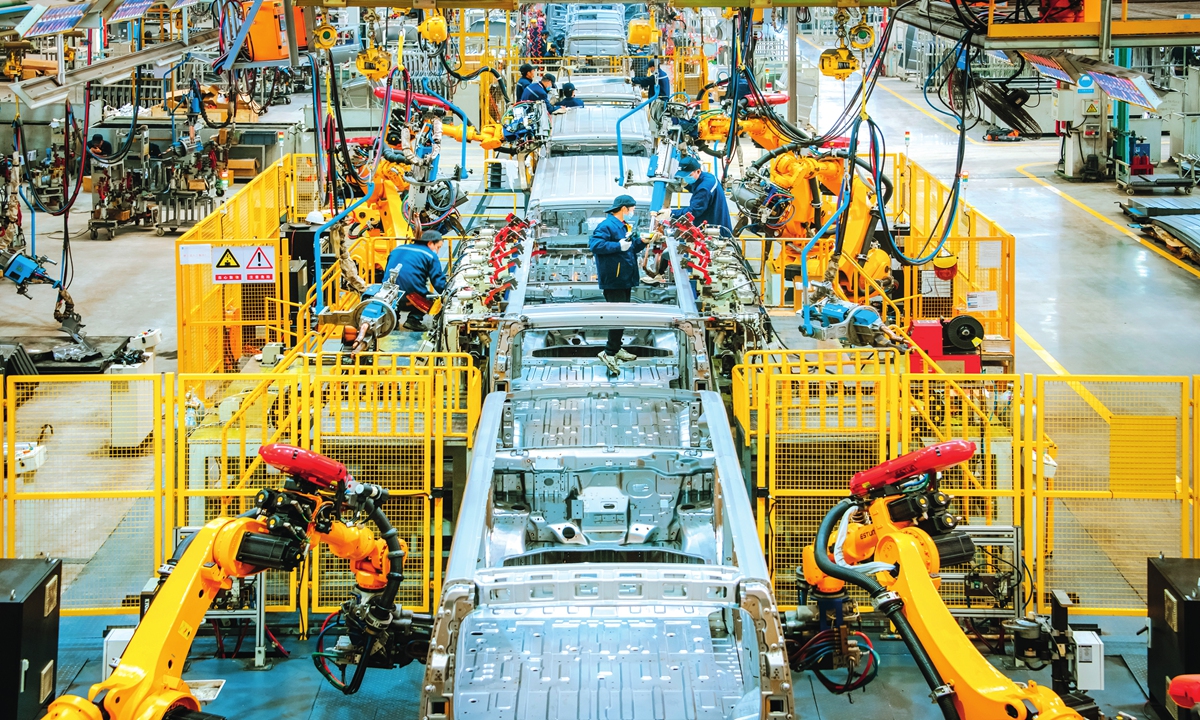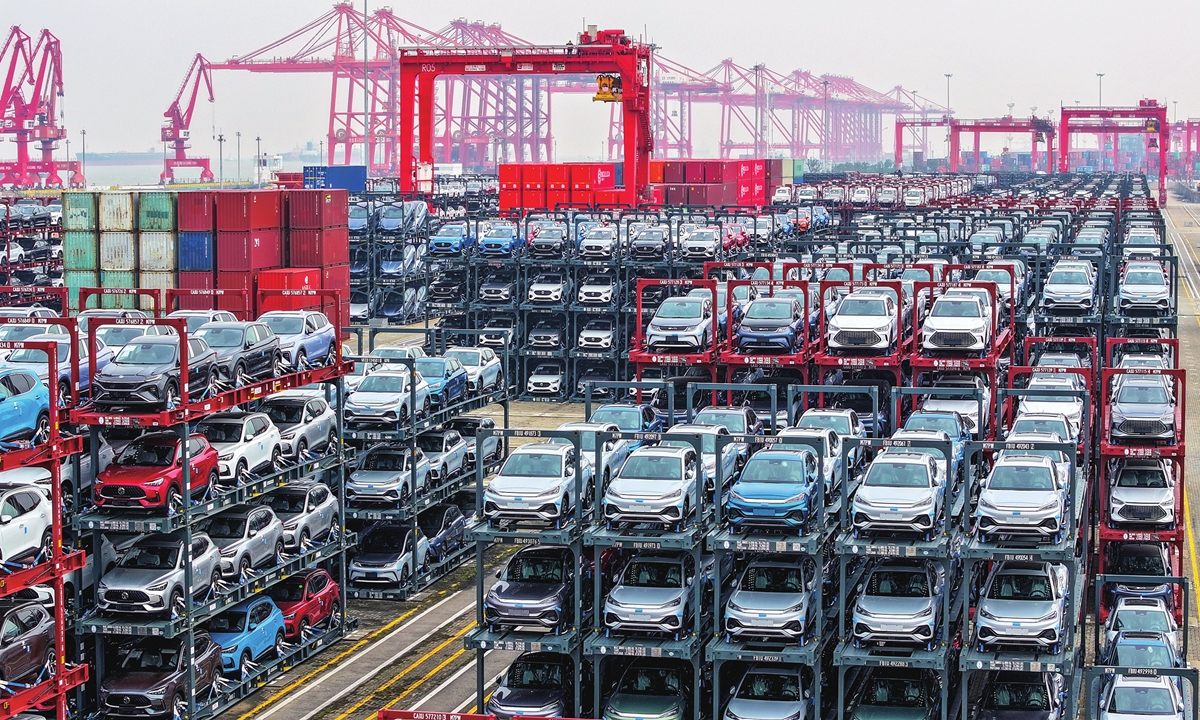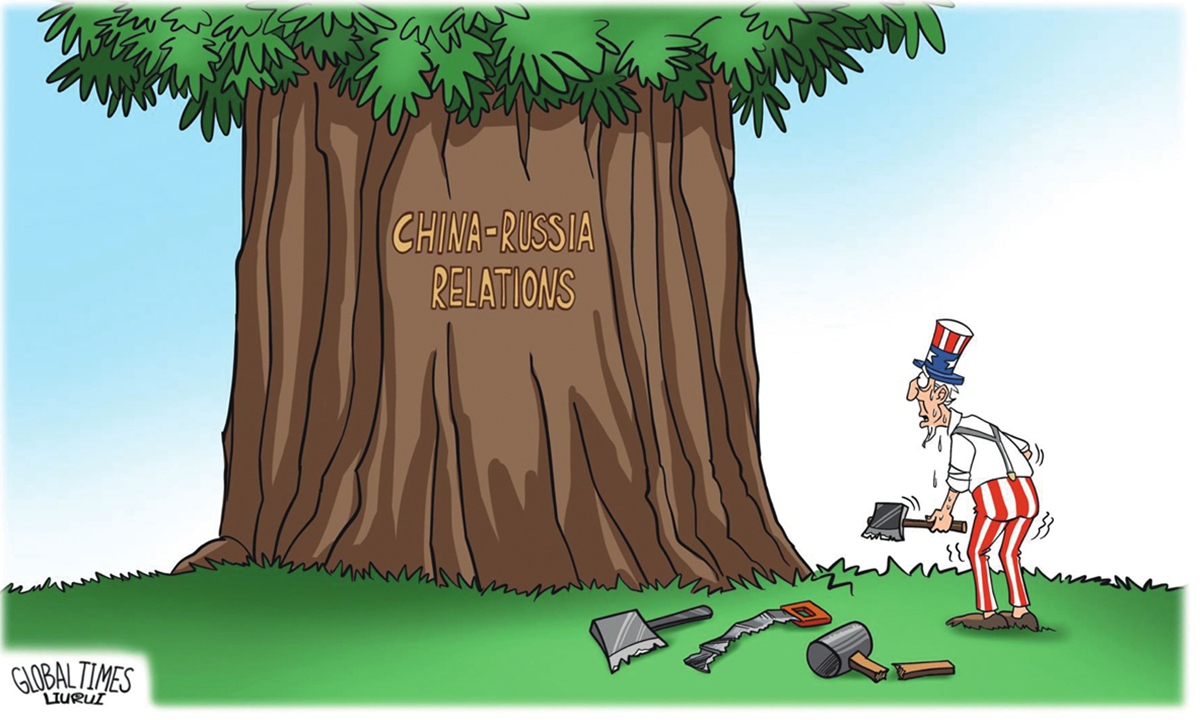China’s new-energy vehicles sales expected to top 11 million in 2024
Stable growth, fiercer competition, more advanced technology characterize Chinese market: insiders

Staff members from a local NEV enterprise catch up on orders on the production line in Ganzhou, East China's Jiangxi Province on December 26, 2023.Photo: VCG
Having become a new export spotlight for the Chinese economy, the new-energy vehicles (NEVs) industry experienced a hard-won year in 2023, with sales estimated to have hit a new high. Most automakers reported a yearly sales growth.
For example, BYD's NEV sales in 2023 totaled 3.02 million, up 62.3 percent year-on-year. Nio realized a yearly delivery of 160,000 NEV units, up 30.7 percent year-on-year, according to companies' statements published on Monday.
XPeng delivered 141,601 vehicles in 2023, a year-over-year increase of 17 percent, the company announced on Tuesday. In December 2023, XPeng delivered 20,115 smart electric vehicles, a new record for monthly deliveries, representing a 78 percent increase year-over-year.
The focus now turns to 2024 - and whether the NEV industry can sustain its growth momentum.
Industry insiders remain optimistic about the stable market growth for NEVs in 2024, as the technologies related to NEVs are expected to continue to advance. However, they also warned that there could be fiercer competition among NEV brands, especially in the domestic market, resulting in a stronger desire to go global.
Huge, stable market
"The sales of NEVs in the Chinese market are better than those in the North American and European markets in 2023, and China is likely to remain the world's largest NEV market in 2024," Chen Liran, a research fellow at the China Automotive Technology and Research Center of Tianjin University, told the Global Times on Tuesday.
It is estimated that NEV sales in 2024 could reach 11.5 million units, up from an estimated 9.4 million in 2023, according to a report released by the China Association of Automobile Manufacturers (CAAM) on December 11.
Zhang Yongwei, vice president of China EV100, a major think tank for the EV sector, estimated on December 27 that China's NEV sales in 2024 could reach 13 million units, representing a yearly growth of 40 percent.
Cui Dongshu, secretary general of the China Passenger Car Association (CPCA), expected that the NEV market will continue to maintain strong growth momentum in 2024 with sales expected to top 11 million units, a net increase of 2.3 million units, or an increase of 22 percent year-on-year. The market penetration rate could reach 40 percent, according to a post by Cui published on Monday.
The year 2024 is poised to be a "big year" for the NEV market, with the potential for a strong start, Cui told the Global Times on Tuesday.
"There are no major policy changes in the automotive market in 2024, so it will continue to maintain a trend of growth. In addition, many international organizations have recently raised their forecasts for China's economic growth in 2024, which means that the purchase of vehicles will likely strengthen," Cui said.
More than 90 percent of existing NEV models will continue to enjoy a sales tax exemption policy under the new technical requirements released by Chinese ministries on December 11, which means that NEVs bought in 2024 and 2025 are exempted from sales tax, while tax breaks will be halved for NEVs purchased in 2026 and 2027.
But Cui warned that competition could be fiercer among brands, particularly in the domestic market.
"At present, the size of the car-hailing market is close to temporary saturation. The demand for pure electric and plug-in hybrid vehicle models for corporate use is gradually flattening. For personal use, the NEV sales market in large cities is declining, while that in small cities is expanding," said Cui, adding that the NEV "price war" may continue in 2024, extending from 2023.
Industry insiders said that predictable fiercer competition in the domestic market will push Chinese brands to go global, as they have advantages in technologies, which are also expected to continue to advance and accumulate in 2024.
Brimming with confidence
Electric vehicles or NEV technology will continue to progress in 2024, and greater breakthroughs are expected in battery technology, charging technology, and driving range, an industry insider, who preferred to be named Kay, told the Global Times on Tuesday. Kay engages in research and development (R&D) of automobile battery technology.
"Charging facilities will be further improved and charging time will be shortened. Therefore, user experience and convenience of NEVs will be enhanced," said Kay.
Kay noted that compared with fuel-powered vehicles, the market iteration cycle of NEVs is shorter, and the R&D cycle is only about one and a half years.
"This puts forward higher requirements for the synchronous development ability of supporting enterprises in the supply chain. The continuous improvement of China's automobile industry chain has given NEV companies confidence," said Kay.
The industry insider cited the NEV industry cluster already formed in the Yangtze River Delta, where any NEV plant can accomplish the supply of required supporting parts within a 4-hour drive.
Analysts stressed that the complete supply chain and rapid strides in technology had greatly boosted the exports of China-made NEVs and will enable Chinese NEV companies to go global.
According to statistics from the CAAM, China's NEV exports stood at 1.091 million in the first 11 months of 2023, up 83.5 percent year-on-year, accounting for 24.7 percent of total automobile exports.
The development of NEVs provides a good opportunity for China's auto industry to deeply participate in international market competition, Liu Luochuan, director at the strategic development research center of Dongfeng Motor Group, said at the 2024 China Automobile Market Development Forecast Summit organized by CAAM on December 11.
"In the next few years, after China's auto exports reach the peak, Chinese automakers will accelerate the building of factories overseas. It is expected that by 2030, China's overseas car sales can reach 12 million, of which six million are exported and six million are produced overseas," said Liu.
Liu estimated that by 2030, Chinese brands will account for up to 53 percent of the overseas NEV market.



